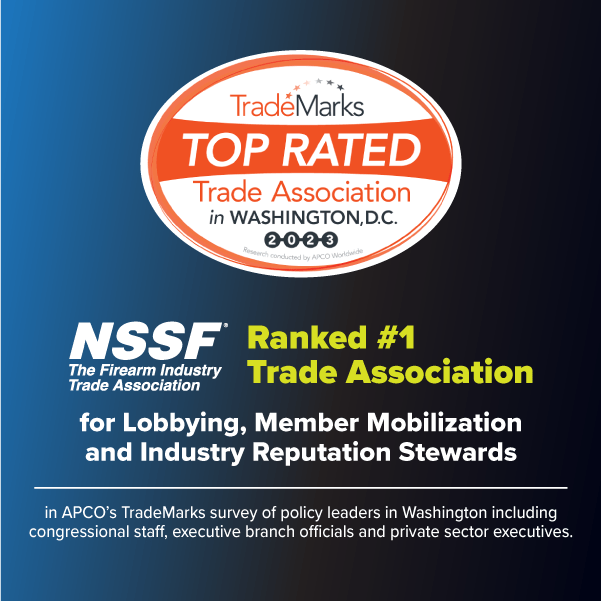 Back to News
Back to News
May 14, 2015
One Man’s Trash is Another Man’s … Crime Spree
How many times a day do you crumble up a piece of paper and toss it into the trash? That’s the end of that piece of paper, right?
Not quite.
Have you seen some of the recent articles written about “dumpster diving?” Aside from those frugal types who participate in this practice by hunting through outdoor trash bins for food or articles that can be fixed and repurposed, there is a seedier element to this “hobby.” For instance, dumpster divers have been known to pull defective merchandise out of business trash receptacles and return those items to the store without a receipt. More nefarious are those looking for papers, forms, invoices, statements and receipts that get tossed into the trash. Among these that should concern you as a business owner are payroll stubs, employment applications, insurance forms, old firearms transaction records, smudged fingerprint cards and copies of documents such as driver’s licenses and passports. Without a doubt, there are criminals hoping to find such information in your dumpster, which they, in turn, sell or use for their own illegal purposes.
Personal Identifiable Information
Have you ever heard of Personal Identifiable Information (PII)? The folks at the National Institute of Standards and Technology (NIST), a non-regulatory agency of the United States Department of Commerce, have published several definitions of PII. Included are:
- Full name
- Home address
- Private email address
- National identification number
- Passport number
- IP address
- Vehicle registration plate number
- Driver’s license number
- Fingerprints
- Credit card numbers
- Date of birth
- Birthplace
- Telephone number
- Login name
And that’s just the beginning. Still, this list gives you an idea of what PII you might be working with every day. Because you, as a firearms retailer or range owner, regularly handle such information, you should consult with your legal counsel on your responsibility to properly handle, store and eventually dispose of PII that you do not have to keep on file. You should then create a policy for dealing with sensitive information like this and train your employees accordingly.
Shredding
So what are some options for destroying these kinds of data? You could use a small office shredder if you are getting rid of small batches of paperwork. Have a bigger job to do or have accumulated paperwork that has highly sensitive information? Consider using a larger industrial-type shredder with crosscut teeth. Do your homework on appliances such as these. A little extra money for a cross-cut shredder, versus the smaller, personal-use strip-cut machines, will lessen the likelihood someone can put documents back together — and there are criminals who do indeed go to that extreme.

You could also create a secure document box in which you accumulate documents that need to be destroyed, then hire a mobile documents destruction service to come on site and perform the destruction. If you use this kind of service, again, do your research and be sure such businesses fully destroy your documents before they leave your property.
That Great Big Outdoor Bin
No matter what route you go with a shredder, you still have trash that gets put outside your business for municipal trash collection. Here are some steps to make your outdoor trash receptacle less desirable to divers and criminals:
- Post “No Trespassing,” “Private Property” and “No Climbing” signs on or around your dumpster.
- Check the lighting around the dumpster at night to make it easier for police who may be patrolling the area to observe it.
- Consider a fence with a padlocked gate around the dumpster if you have recurring issues with dumpster divers.
- A camera above this area with signage stating “This Area Under Surveillance” can help deter dumpster divers and record overnight activity.
- Look at destroying any merchandise that you have written out of stock and would normally put in the trash, especially if you have either seen some of this merchandise returned to your store without a receipt or if you are aware that your dumpster regularly attracts unwanted attraction.
You may also be interested in: Retail Loss Prevention Conference Yields Fresh Insights, New Technologies
About the Author
 Bill Napier is a member of NSSF’s retail compliance consultant team. He has more than 30 years experience in retail loss prevention, passionately serving others in leadership roles such as site manager, corporate manager and director. Businesses have included small and growing retail chains as well as a Fortune 1000 company. For more than 18 of those 30 years, Napier has been in the retail outdoor arena with responsibility for ATF compliance and firearms-related investigations. He often serves as a guest speaker at NSSF’s SHOT Show, as well as at gatherings of the National Retail Federation (NRF), Retail Industry Leaders Association (RILA), Retail Technology (RETECH), ASIS International and The Loss Prevention Foundation, and he has spent more than 20 years in municipal law enforcement as a uniformed patrol officer, detective and supervisor. Additionally, Napier has been a state-certified law enforcement instructor and he serves as a Hunter Education instructor in Nebraska, on the ASIS Retail Loss Prevention Council, is a member of the Subject Matter Expert Committee and serves on the board of directors for The Loss Prevention Foundation.
Bill Napier is a member of NSSF’s retail compliance consultant team. He has more than 30 years experience in retail loss prevention, passionately serving others in leadership roles such as site manager, corporate manager and director. Businesses have included small and growing retail chains as well as a Fortune 1000 company. For more than 18 of those 30 years, Napier has been in the retail outdoor arena with responsibility for ATF compliance and firearms-related investigations. He often serves as a guest speaker at NSSF’s SHOT Show, as well as at gatherings of the National Retail Federation (NRF), Retail Industry Leaders Association (RILA), Retail Technology (RETECH), ASIS International and The Loss Prevention Foundation, and he has spent more than 20 years in municipal law enforcement as a uniformed patrol officer, detective and supervisor. Additionally, Napier has been a state-certified law enforcement instructor and he serves as a Hunter Education instructor in Nebraska, on the ASIS Retail Loss Prevention Council, is a member of the Subject Matter Expert Committee and serves on the board of directors for The Loss Prevention Foundation.









